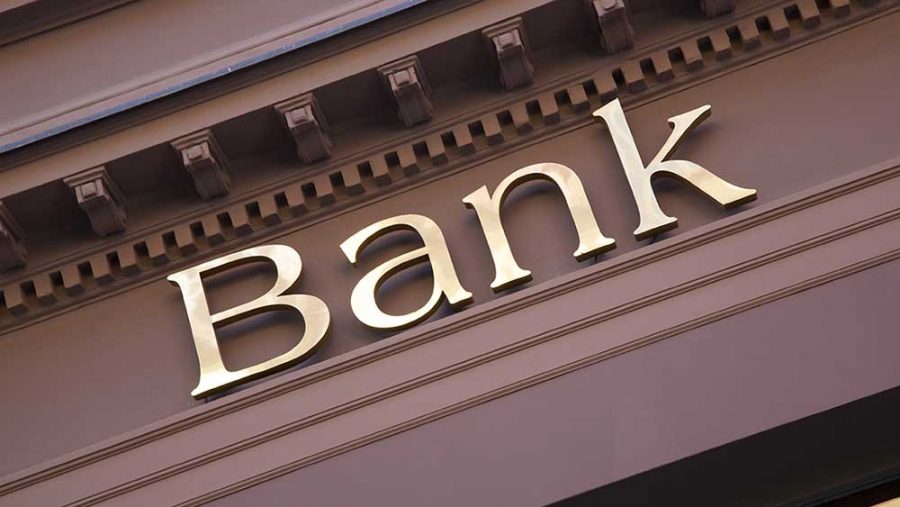Could a state-run bank for the cannabis industry be in California’s future?
California government, financial and cannabis leaders met last week in a debate on whether a state-run bank could solve the cannabis industry’s banking problem.
The 17-member group included representatives from state agencies such as the Bureau of Cannabis Control, financial groups such as the California Bankers Association and industry groups like the California Growers Association. They met Thursday before they turned their attention to prepare a report on their findings.
The majority of Thursday’s meeting focused on the idea of a state-run bank, where transactions are backed by the state instead of the Federal Deposit Insurance Commission (FDIC), which would allow the bank to not be subject to certain FDIC standards.
Supporters argued public banks would give the state autonomy, serve communities which struggle with bank access and shift the nation’s financial model away from Wall Street.
Critics insisted a public bank would be too expensive, and would do little to overcome banking problems triggered by the conflict between state and federal cannabis laws.
The federal government still classifies cannabis as a Schedule I narcotic, which means major banks and credit card companies refuse to do business with growers, manufacturers and dispensaries to avoid laundering charges.
While some smaller banks and credit unions worked with some cannabis companies, a majority of cannabis businesses are still forced to operate in cash. Cash-only transactions make dispensaries targets for crime, but also makes it difficult for business owners to get loans and pay their taxes.
Don Childears, president and CEO of the Colorado Bankers Association, said they tried to address the banking problem since Colorado legalized social cannabis alongside Washington in 2012. But, there are only 12 small banks serving the state’s industry after federal regulators cancelled plans for a credit union when lawmakers showed no interest in founding a public bank.










